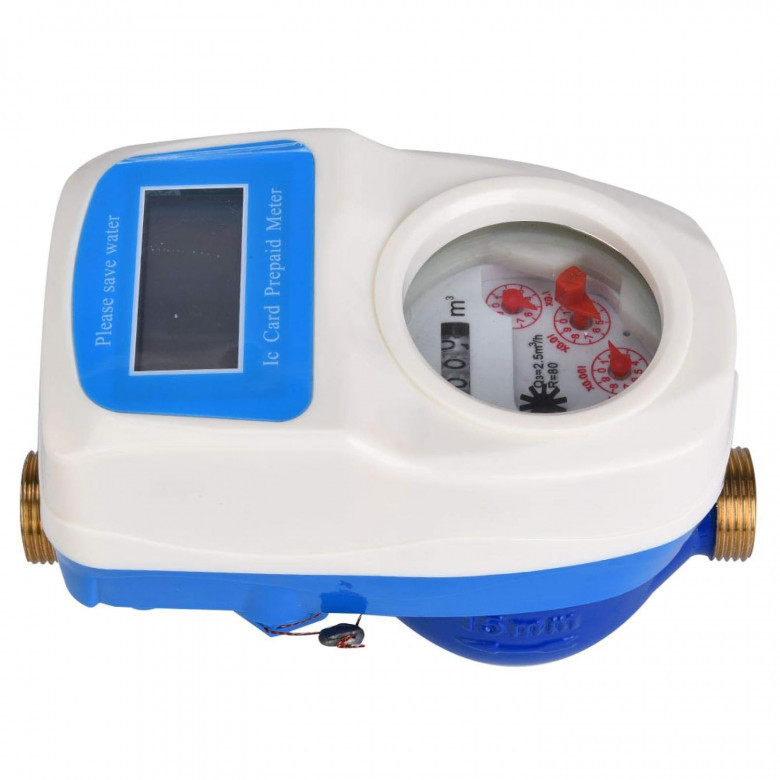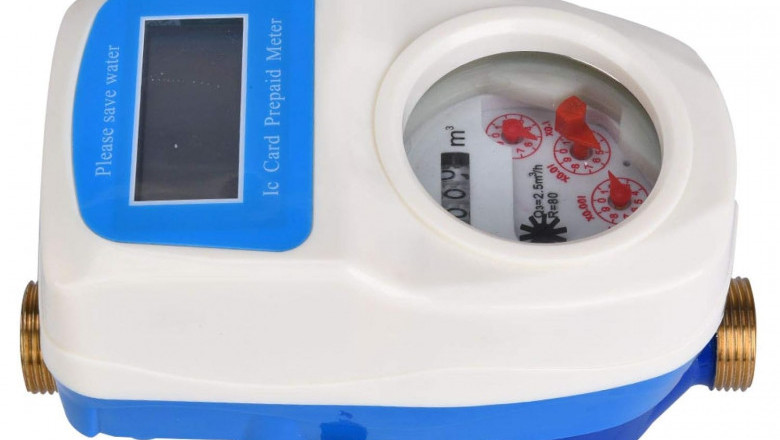views
The global smart water meter market is on the cusp of transformative growth, driven by increasing demand for efficient water management systems amid growing urbanization and sustainability goals. These advanced devices leverage IoT and data analytics to revolutionize water usage monitoring, enhance conservation efforts, and optimize billing processes. However, while the potential for growth is immense, the market also faces notable challenges and inhibitors that could shape its trajectory in the years ahead.
Growth Accelerators
-
Smart City Initiatives
Governments and municipalities worldwide are investing heavily in smart city projects, emphasizing efficient resource management. Smart water meters are an integral part of these initiatives, offering real-time consumption data, leak detection, and advanced analytics. Cities like Singapore and Amsterdam are leading the way, showcasing how these devices can transform urban water systems. -
Rising Water Scarcity Concerns
Water scarcity affects billions globally, prompting urgent calls for sustainable management solutions. Smart water meters play a crucial role in reducing water waste by identifying inefficiencies and encouraging consumers to adopt conservation practices. -
Advances in IoT and AI
Technological advancements in IoT, AI, and machine learning are revolutionizing the smart water meter landscape. These innovations enable predictive maintenance, anomaly detection, and precise consumption forecasts, driving widespread adoption. -
Regulatory Support
Policies promoting water conservation and sustainable infrastructure are bolstering market growth. Governments in regions such as Europe and North America are incentivizing the deployment of smart water meters through subsidies and mandates, creating favorable conditions for expansion.
Challenges Impacting Growth
-
High Initial Costs
The upfront cost of installing smart water meters remains a significant barrier, particularly for small utilities in developing regions. Expenses associated with hardware, software integration, and infrastructure upgrades deter widespread adoption. -
Data Privacy Concerns
The collection and transmission of detailed water usage data raise privacy concerns among consumers and regulatory bodies. Ensuring secure and transparent data management is critical to maintaining public trust and compliance. -
Lack of Interoperability
The absence of standardized communication protocols among smart meter manufacturers limits compatibility, making it challenging for utilities to scale deployments. This fragmentation increases implementation costs and complicates operations.
Inhibitors Affecting Market Penetration
-
Limited Awareness in Developing Markets
In many emerging economies, the awareness of smart water meter benefits remains low. Utilities often prioritize cost-effective traditional solutions over advanced technologies, slowing adoption rates. -
Economic Uncertainty
Fluctuations in global economies and budgetary constraints, especially in post-pandemic recovery phases, can hinder investments in smart water meter projects. Utilities may delay modernization efforts due to financial pressures. -
Technical Challenges
Issues such as limited connectivity in rural areas, maintenance complexities, and power supply requirements pose additional hurdles, particularly in less-developed regions.
Future Outlook
Despite these challenges, the smart water meter market is poised for significant growth. Innovations such as low-power wide-area networks (LPWAN), blockchain technology for secure data sharing, and solar-powered meters are expected to overcome current limitations and drive adoption.
Regions like Asia-Pacific and Latin America, with their growing urban populations and increasing focus on water conservation, offer immense opportunities for market expansion. Moreover, collaborations between public and private sectors are likely to accelerate the deployment of smart water meters globally.
In conclusion, the smart water meter market holds the promise of transforming water management practices, contributing to global sustainability goals. Addressing challenges such as cost, interoperability, and data security will be critical in unlocking the market’s full potential in the coming years.























Comments
0 comment